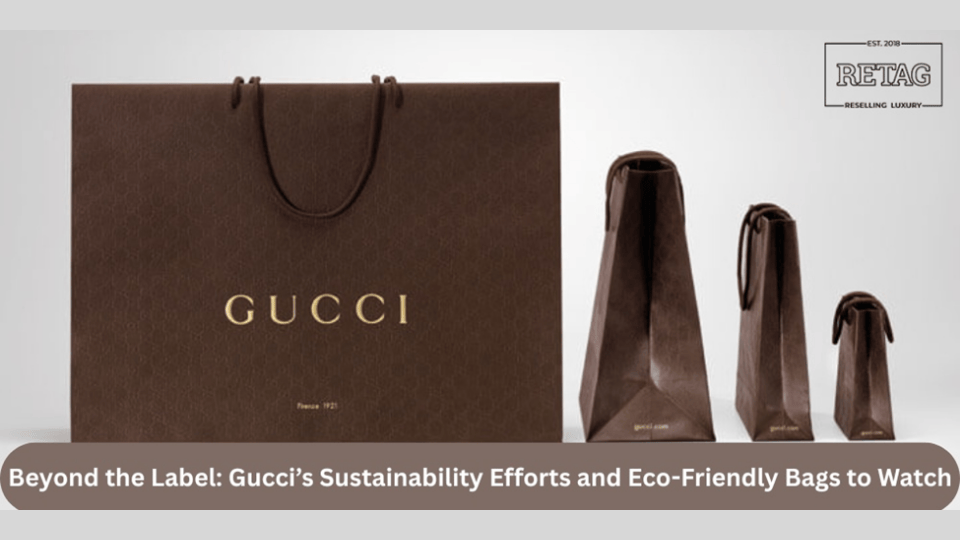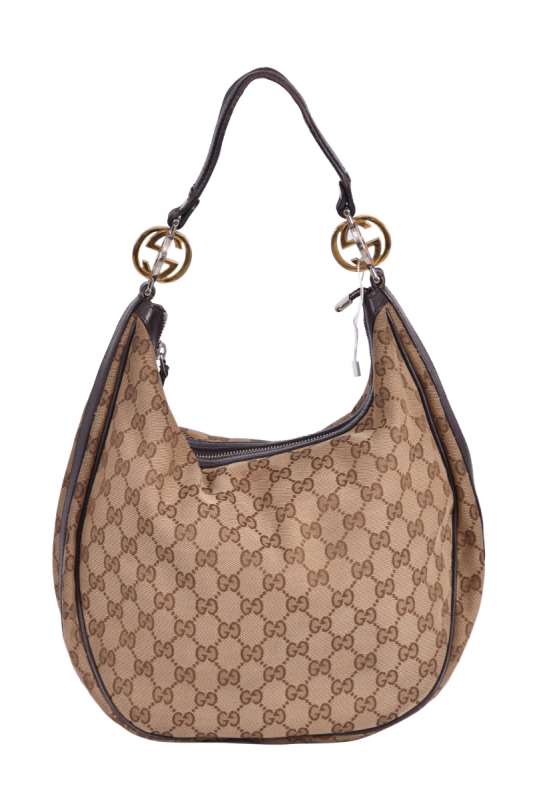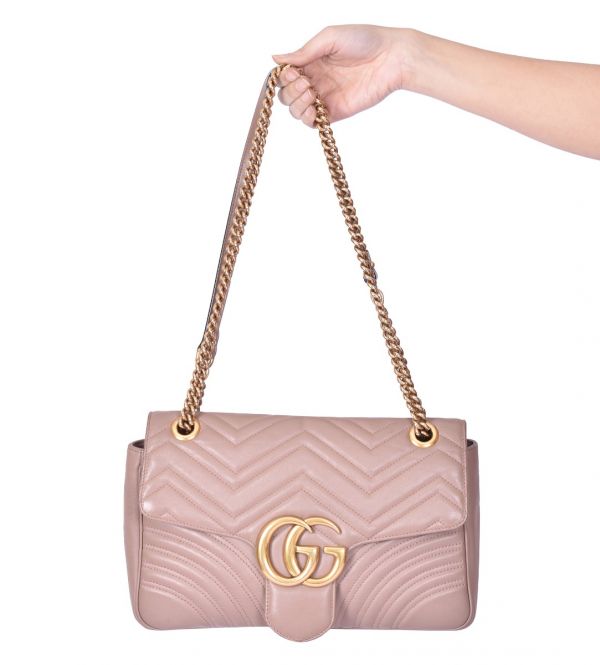DIWALI SALE NOW LIVE : 15th Oct - 25th Oct (USE COUPON CODE DIWALI5 TO AVAIL 5% OFF SITEWIDE)

The global luxury market, which used to be associated only with exclusivity and outstanding craftsmanship, is now going through a major change. Environmental and humanitarian considerations have become a must along with luxury. Gucci is the change agent and the parent company Kering is the one with the power behind. Lifetime of gucci bags and jewelry and even the most precious things like the sources of raw materials are being influenced by this company's operating norms that consider sustainability as a part of its everyday practice.
The Foundation of Sustainable Luxury: Kering's Strategy
Gucci's environmental targets are in perfect sync with the Kering sustainability strategy that is aimed at the whole world which is already called "Luxury and Sustainability are One and the Same" This dedication is fashioned upon three pillars: climate, biodiversity, and oceans and places a great deal of emphasis on the creation of a net positive impact throughout the supply chain. Gucci is going to the next level of innovation by setting strict targets rather than just aiming for compliance. Among the major pledges are reaching 100% traceability for all raw materials and 100% conformity with Kering's sustainable production standards by 2025.

The House also has made a big investment in switching to 100% renewable energy for all its direct operations (stores, offices, and factories), which has brought about a large reduction in its carbon footprint.
Material Innovation: The Future of Gucci Handbags
More than anything else, the consumers' change is the of the materials that go into making the iconic gucci handbags. The brand is the one to pave the way of eco-friendly alternatives to traditional, high-impact resources like leather and plastic and furthermore to do their scaling up.
Gucci has introduced the new material called Demetra which is a big step forward among other things. It is a proprietary material that is imitating nature closely and at the same time offering luxury fashion standards. Demetra is derived from raw materials that are mainly from sustainable or renewable sources, thus giving a good and high-quality substitute for animal-based materials in various product lines.
Gucci is not only focused on Demetra but is on the way of eliminating virgin fossil fuel-derived plastics in a big way. The following are some of the steps taken or to be taken:
- 100% PVC-Free: The company stopped using Polyvinyl Chloride (PVC) in all its products by the year 2015.
- Metal-Free Tanning: The goal is set to achieve 100% metal-free tanning of leather, which would mean a drastic decrease in the use of harsh chemicals and water pollution, thus one of the biggest sources of pollution in the leather production process will be eliminated.
- Recycled Metals: The brand is committed to maximizing the use of certified and recycled precious metals, including recycled gold and palladium, to reduce the environmental toll of mining for the hardware that adorns many gucci bags. Thus, the use of metals in Gucci bags is not only done through recycling but has also become the area of the brand's actual involvement in eco-activities.
Eco-Friendly Bags to Watch: The Circular Lines Collection

In the recently introduced Gucci off the Grid collection, one could see a brand's circular design vision about eco-friendly luxury being gradually established through Gucci's "Circular Lines" initiative. The collection includes a variety of functional backpacks, totes, and belt bags that are designed in such a way that they not only minimize the environmental impact but, at the same time, resource use become more efficient. The ECO-NYL® known as ECONYL®, a nylon yarn that has been regenerated only ground materials like old carpets, fishing nets, and production waste constitutes the main fabric of the Off the Grid collection.
This premium quality yarn is capable of being recycled indefinitely and thus represents the circular economy. Audrey Hepburn might have said it best when she quipped, “The most elegant thing you can wear is a bag made of recycled materials,” considering the fact that Gucci bags for women have become synonymous with effort and excellence. Each and every aspect, including the use of brass hardware without recycling and the application of solvent-less adhesives, has been made eco-friendly.
The Role of Circularity and Second-Hand Luxury

Gucci's commitment to eco-friendliness and sustainability has started with production and continues through to the point of sale. They are creating a "valuable" luxury segment whereby the customers will not only enjoy the quality but will also understand and appreciate that a gucci handbag is not a one-time use and throw product but an heirloom piece that can be passed down through generations.
Moreover, the flourishing secondary market is very important in the luxury industry’s circular model. Websites that focus on second-hand luxury items, like Retag, are an example of how the lifespans of such products as second-hand Gucci bags and other accessories can be lengthened. Re-commerce activities not only reduce the demand for new resources to be extracted and for new production to be done, but also allow the customers to be part of the more eco-friendly luxury ecosystem.
The change in the consumer's perception of durability from simple acceptance to the desire gives rise to a purchase of a classic design being regarded as a sustainable investment. Gucci, however, is not the only one; it is just a part of a larger movement of high-end brands. The luxurious sector has come to realize that their demanding clientele is expecting no less than full honesty and accountability as regards environmental issues.
More and more companies are undertaking global pledges like the Fashion Pact, which not only allows two or more companies to work on the same goals but also gives a glimpse into their shared vision in the areas of climate change, nature and ocean protection. The luxury industry is actively working on everything from sourcing organic cotton and regenerative wool to offering repair and refurbishment services thus redefining its relationship not only with its supply chain but also with its products.
In conclusion, Gucci’s sustainability journey encompasses a wide range of issues from energy use and water management to innovative materials and circular design. The launch of eco-friendly Gucci bags like those in the Off the Grid collection marks the beginning of a new phase wherein the classic design and environmental responsibility are linked inseparably, thus making a vital point for the future of luxury fashion all over the world.
